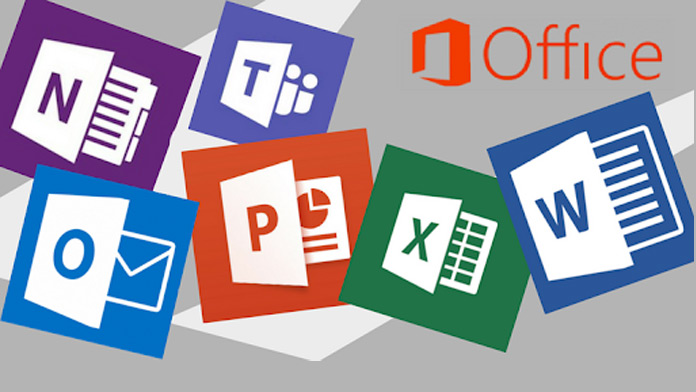Microsoft previously said it would start to block Office VBA macros by default. That decision came earlier in the year, with an intention to block Visual Basic for Applications (VBA) macros across all Microsoft's Office applications.
The plan was to stop users on Office apps from being able to easily enable content in downloaded files if they have macros.
Macro malware is one of the oldest cybercrime methods, at least amongst those still in use today. Threat actors have been turning to macros since the 90s, and still getting some success. That's because this is a simple technique for pushing malware onto a system.
During 2020, during the early months of the COVID-19 pandemic, Microsoft said customers were getting macro emails. Specifically, emails with Microsoft Excel attachments loaded with malicious macros.
Rollback
Microsoft said its decision to block Office VBA macros would help keep apps more secure and protect users from malicious files. That block was expected to come into effect last month, but Microsoft reversed its course.
On June 30, the company, sent a message to IT admins telling them rolling back its VBA macro block. Microsoft says the decision comes following feedback from customers. BleepingComputer reports the company sent the following message:
“We appreciate the feedback we've received so far, and we're working to make improvements in this experience.”
Interestingly, while Microsoft says feedback informed its decision, some users support the block. In fact, there are Office users who believe Microsoft should have been blocking macros years ago.
Either way, it seems the default blocking of VBA macros will not be happening.
Tip of the day: When using your Windows 10 laptop or convertible with a mobile hotspot you might want to limit the Internet bandwidth your PC uses. In our tutorial we are showing you how to set up a metered connection in Windows 11 or Windows 10 and how to turn it off again, if needed.






